Protecting Student Data Privacy as a Guiding EdTech Principle
Lightspeed Systems
AUGUST 24, 2023
Complying with CIPA & COPPA While Still Protecting Student Data Privacy In using the internet in classrooms, the Children’s Internet Protection Act (CIPA) requires schools to monitor students’ online activity and educate them about appropriate behavior on the internet.

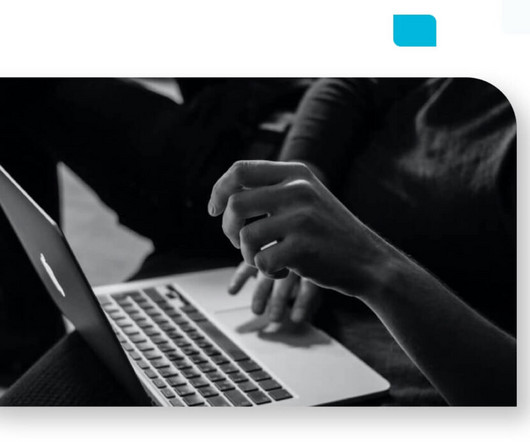
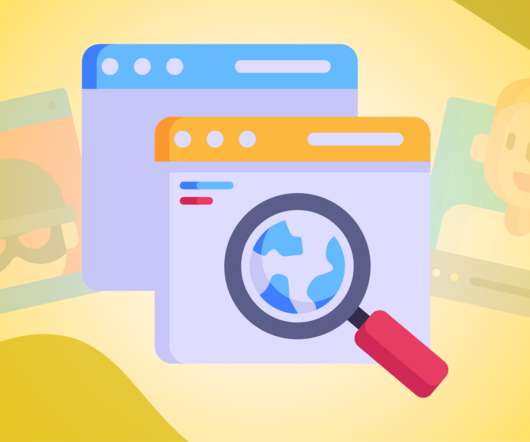
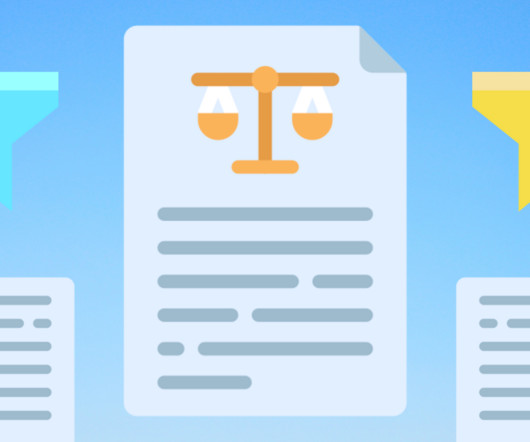
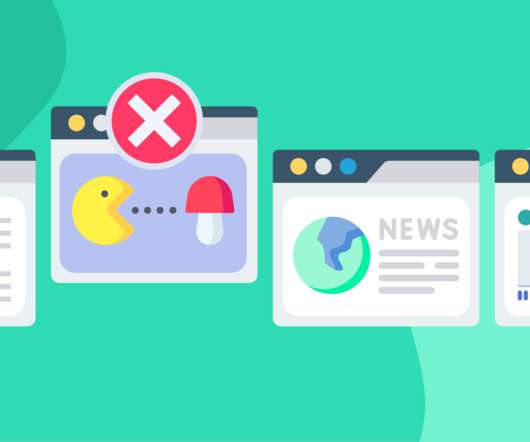



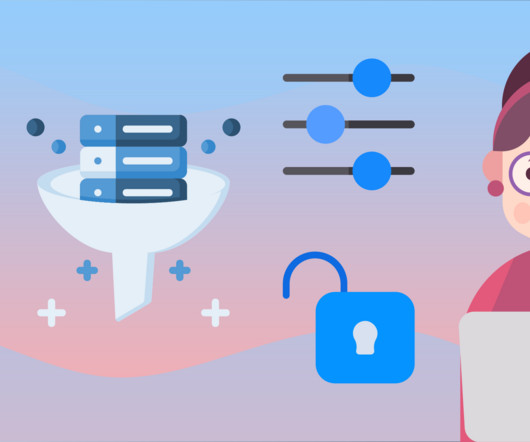












Let's personalize your content